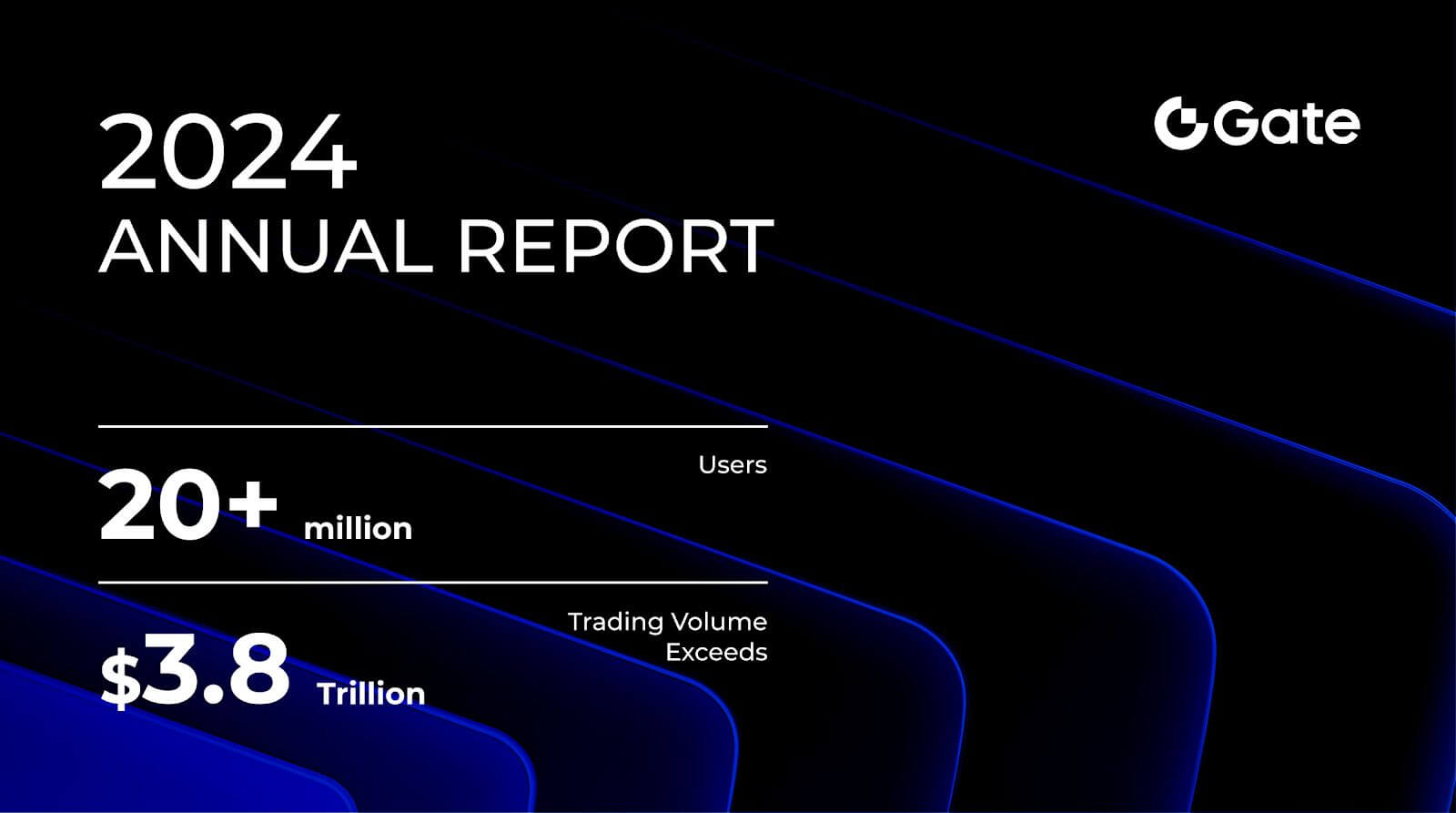Image source: Getty Images
One of the reasons I invest is for the passive income streams I can generate by owning dividend shares. There has been discussion in recent years of the poor performance of companies on the London stock exchange relative to markets such as the US.
However, relatively cheap valuations of some income shares means the UK now offers some high-yield shares even in the upper echelons of the market.
In the FTSE 100, for example, Phoenix (LSE: PHNX) yields 9.7%.
Phoenix is not a household name, though some of the brands it owns are, such as Standard Life and SunLife (which it is considering selling). While the company may not command much name recognition outside the City, I think it could be the best blue-chip dividend share on the exchange.
Strong dividend history
The dividend side of the equation speaks for itself.
The yield is close to double digits, making it the highest in the FTSE 100 aside from Vodafone, which has announced a plan to halve its annual dividend per share.
Phoenix has raised its dividend annually in recent years, with last year seeing a 3.6% increase. It has also committed itself to a progressive dividend policy. That means it is aiming to grow the payout per share annually.
Strong business potential
Whether that happens remains to be seen. No dividend is ever guaranteed.
So, while the dividend looks juicy, as an investor it is important for me to understand the source of the dividend. I want to find out whether Phoenix is likely to generate enough spare cash to deliver on its aspiration of annual dividend raises.
With its focus on the pensions and retirement-linked market, I think the financial services provider benefits from attractive market economics. Pensions are long-term products with great importance for their owners and often substantial in value.
That can help Phoenix generate sizeable surplus cash over time. Last year, for example, the firm targeted £1.8bn in total cash generation. It exceeded that target, topping £2bn.
With its large, resilient target market, proven expertise, and large base of around 12m customers, Phoenix looks set to continue generating substantial excess cash in my opinion.
Dividend could keep growing
There are risks. For example, the firm’s book of mortgages is based on property market performance falling within an estimated range. If the market does very badly, that could hurt the value of those mortgages relative to their underlying assets.
Life expectancy has moved about in recent years and that uncertainty also poses a long-term risk to Phoenix’s financial performance.
Still, of all the blue-chip shares on the London stock exchange, I reckon this could turn out to be the best one in terms of the share price now relative to the dividends it may pay over the next few years.
If I had spare cash in my ISA, I would happily buy Phoenix shares now.
Credit: Source link








![Recently released: the 3 best growth-focused stocks to buy in July [PREMIUM PICKS]](https://www.fool.co.uk/wp-content/uploads/2022/10/Three.jpg)




